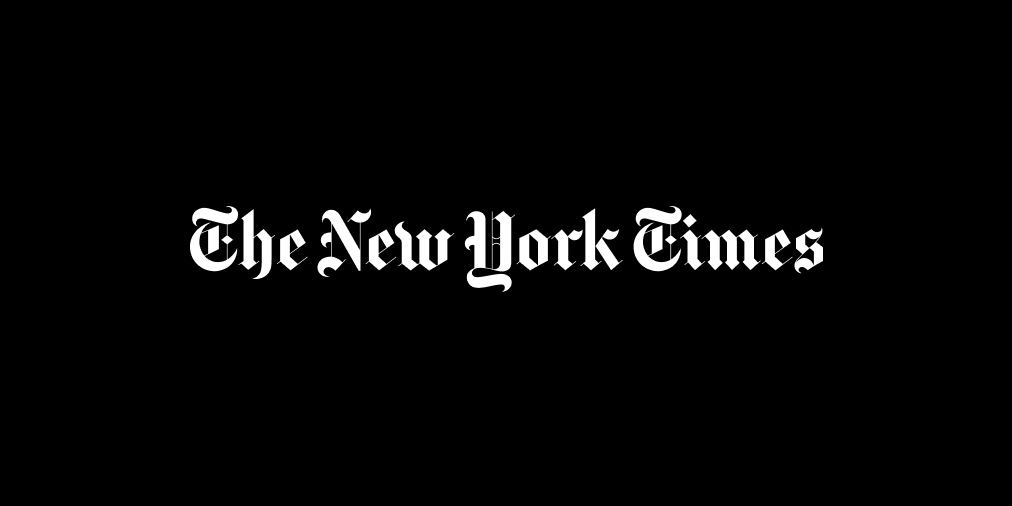
Doris Kearns was an assistant professor of history at Harvard University in 1972, teaching a class on the American presidency and starting the book that would mark the start of her extraordinary career as a popular historian, “Lyndon Johnson and the American Dream,” when Richard Goodwin walked into her office.A legendary speechwriter for John F. Kennedy, Lyndon Johnson, Eugene McCarthy, and Robert F. Kennedy, Goodwin flopped himself down, she recalled, and asked, “’Hi, are you a graduate student?’”“So I earnestly told him all about the presidency class I was teaching, and then quickly realized he was just teasing me,” she said. “We had dinner that night and engaged in conversation about L.B.J., J.F.K., the Red Sox, and the Sixties. And I floated home that evening and told two close friends that I had met the man I wanted to marry.”Dick-and-Doris, as they were colloquially known, as if a single entity, were married in 1975, raised three boys, and dedicated themselves to work that made them luminaries in their fields. He wrote about politics and society; she evolved into the United States’ premier presidential historian on the strength of the Pulitzer Prize-winning “No Ordinary Time,” (1994) about Franklin and Eleanor Roosevelt, and six other best sellers.And for decades, the couple kept their archives, including more than 300 archival boxes of diaries, letters, scrapbooks, memos and speech drafts that Goodwin had saved, especially from his White House days in the 1960s, stored in the two-story barn on their Concord, Mass., property.When he died in 2018, Kearns Goodwin sought an appropriate home for his papers: Spanning over sixty years from 1950-2014, they offer unique insight into 1960s policies and debates, and a comprehensive record of Goodwin’s professional career. On Thursday, the Dolph Briscoe Center for American History at the University of Texas in Austin announced the acquisition of the Goodwin papers for $5 million, with Kearns Goodwin’s own archive donated to live alongside her husband’s.“When I saw how Dick saved everything from his lengthy and notable career, I was blown away,” said Don Carleton, the executive director of the Briscoe Center. “But I also told Doris that it should be a package deal. Doris is a hugely important cultural figure. Her own archive is valuable for scholars studying Lincoln, the Roosevelts, J.F.K., L.B.J., and so much more. I thought they belonged together, in the same building.”What impressed Kearns Goodwin, in turn, was that the Briscoe Center sponsors and facilitates original research projects based on its archival holdings. “I was gratified that Dick’s papers wouldn’t lie dormant at Briscoe in a vault,” she said.She also agreed to serve as an ambassador and adviser for the Briscoe Center, and to lecture periodically at the university. After working for Johnson as a White House Fellow, Kearns Goodwin had accompanied him to Texas to work on his memoir; she said she was thrilled to return to the Texas Hill Country, where Johnson’s Ranch is now a National Park Service unit.Goodwin’s archive encompasses his public service as a clerk for Supreme Court Justice Felix Frankfurter, his work as a House subcommittee investigator into the rigged television game show “Twenty-One” (a story adapted into the 1994 film “Quiz Show”), as well as notes and memos that show how he helped shape national and international policies during the Kennedy and Johnson administrations. His archive illuminates critical issues in 1960s U.S. history, including Kennedy’s New Frontier, Johnson’s Great Society, the Civil Rights movement, the War on Poverty, the Vietnam War and the antiwar movement.From a historian’s perspective, Goodwin’s speech drafts from 1960 to 1968 are a revelation. His command of history and literature became the cornerstone of John F. Kennedy’s 1960 campaign speeches. It was Goodwin who invented the phrase Alliance for Progress to describe John F. Kennedy’s Latin American policy. One draft of a long-forgotten speech in Alaska ended with Goodwin’s line: “It is not what I promise I will do, it is what I ask you to join me in doing.” Years later, material included in the collection shows, Jacqueline Kennedy wrote Goodwin to say that it was this wordplay that her husband recycled in his famous “Ask Not” inaugural address.The documents reveal what a wide berth John F. Kennedy gave Goodwin. When the president noticed that there wasn’t a single Black recruit in the U.S. Coast Guard contingent during his inaugural parade, he tasked Goodwin with investigating. The resulting memorandum, included in the collection, led to the racial integration of the Coast Guard in 1962.After Goodwin secretly met in Uruguay with Ernesto “Che” Guevara, Fidel Castro’s closest confidant, he drafted a long psychological profile of the Marxist revolutionary for theBy: Douglas Brinkley
Title: U.T. Austin Acquires Archives That Give Insight Into 1960s Presidencies
Sourced From: www.nytimes.com/2022/04/01/books/goodwin-archive-ut.html
Published Date: Fri, 01 Apr 2022 09:00:20 +0000
Read More
 UK PoliticsWorld PoliticsVideosPrivacy PolicyTerms And Conditions
UK PoliticsWorld PoliticsVideosPrivacy PolicyTerms And Conditions
